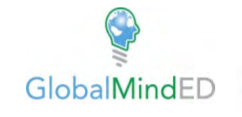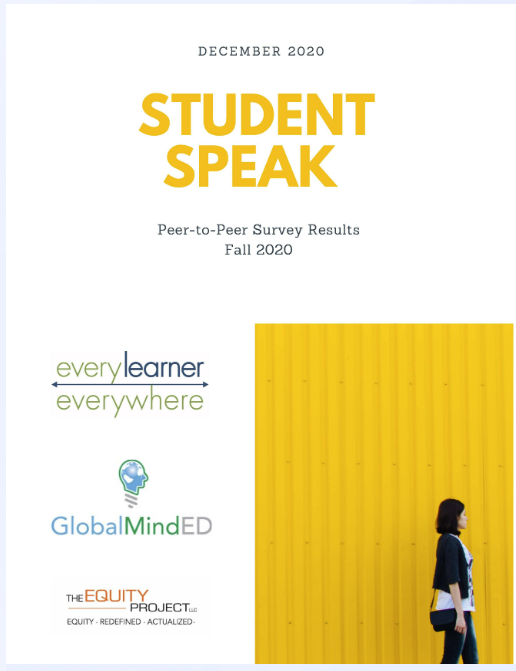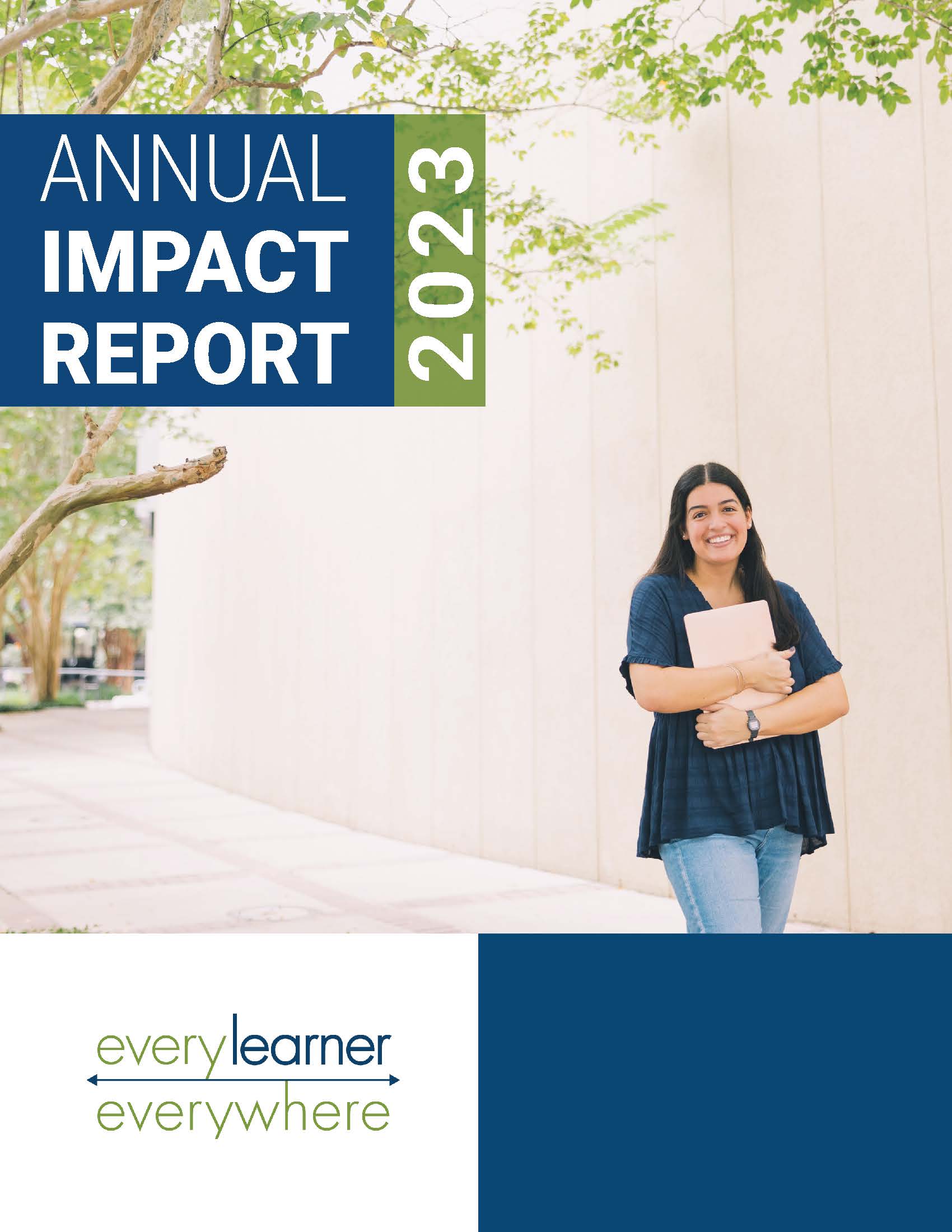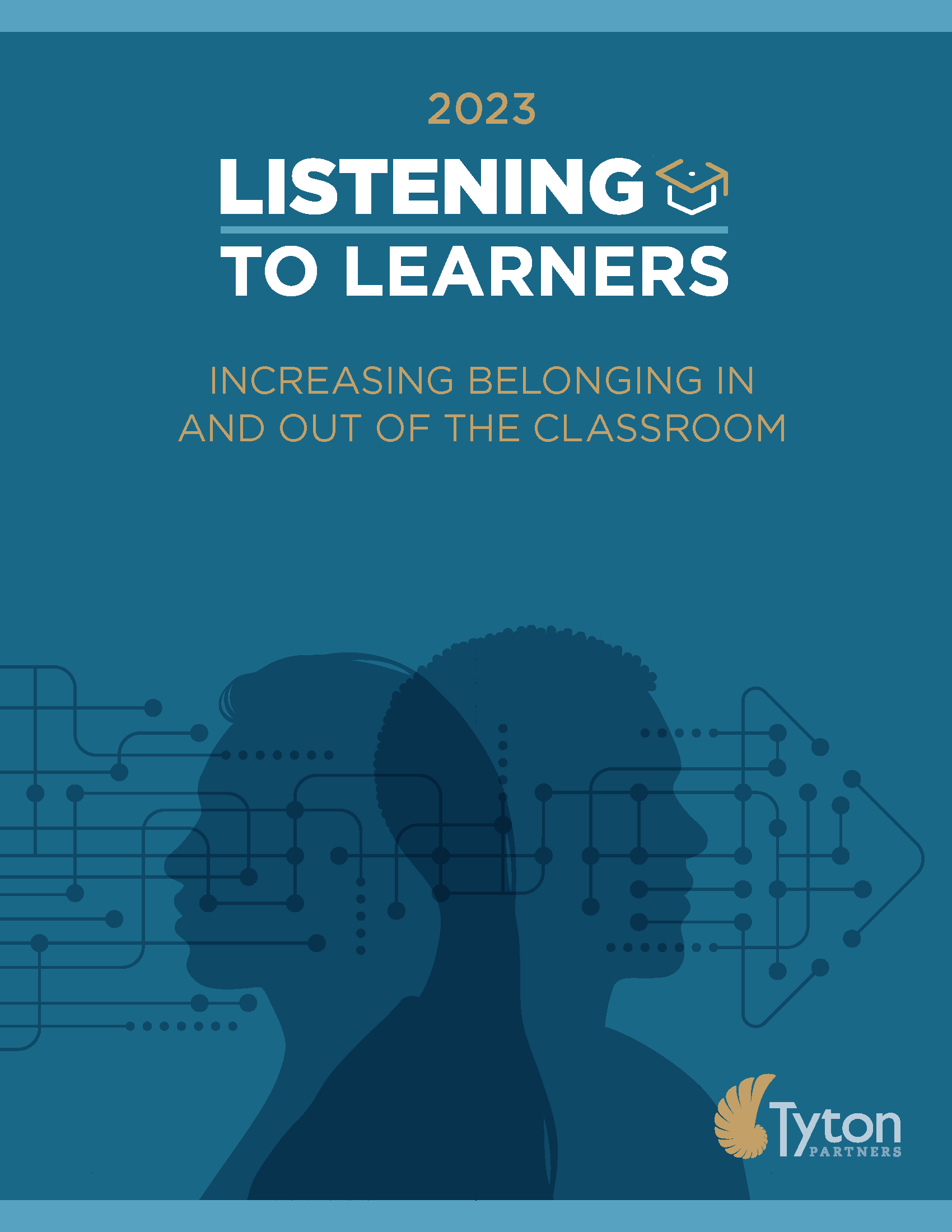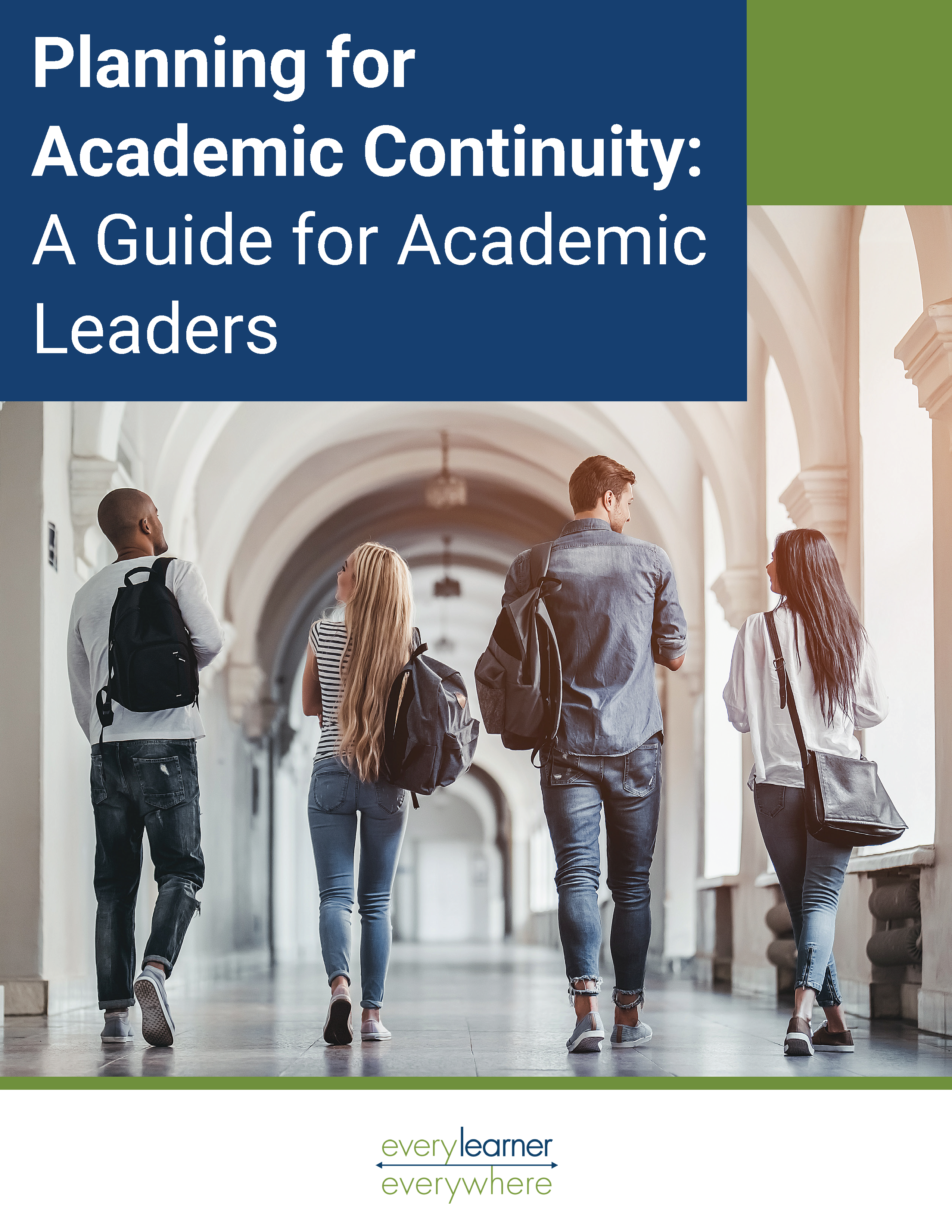In September 2020, GlobalMindEd in collaboration with the Equity Project interviewed 102 students across the nation at 47 different higher education institutions. Their voices, laid on in the first Student Speak report, gave us great insights about how racially minoritized students have been disproportionately impacted by Covid-related digital, personal, health, professional, familial, and emotional/social challenges. From this group, the GlobalMindED team convened 25 students to serve as Peer-to-Peer Ambassadors. These extraordinary student leaders, representing colleges and universities from around the country were invited to engage their own peers in answering key questions about their experiences in today’s virtual/ remote learning environments. Each Ambassador was challenged to get at least 10 of their peers to complete a survey that explored the lived experiences of students during this complex time in history.
Download Student Speak Peer-to-Peer Survey ResultsRecommended citation:
Carter, C.J., and Tyler, D.M.,(2020, December). STUDENT SPEAK Peer-to-Peer Survey Results. GlobalMindED, The Equity Project, and Every Learner Everywhere.
Other Related Resources
February 2024
In this report, you can read about the network’s impact in the areas of services, thought leadership, and student engagement. In addition, we recap our 2023 network convening, introduce our new Equity First Organization partners, feature some of our student interns, and give readers a preview of what’s ahead for the network in 2024.
September 2023
Tyton partners’ Listening to Learners 2023 reveals that while 70% of students value representative diversity among advisors, only 30% of institutions report scaled implementation of this hr practice. Cutting-edge research identifies strategies to enhance student outcomes and create a sense of belonging in higher education.
August 2023
This guide presents results from an analysis of 100 academic continuity plans at U.S. colleges and universities. The results form the basis for recommended academic continuity plan best practices, tools, and templates academic leaders can use to maintain a plan that can be used in both short-term and long-term circumstances.


